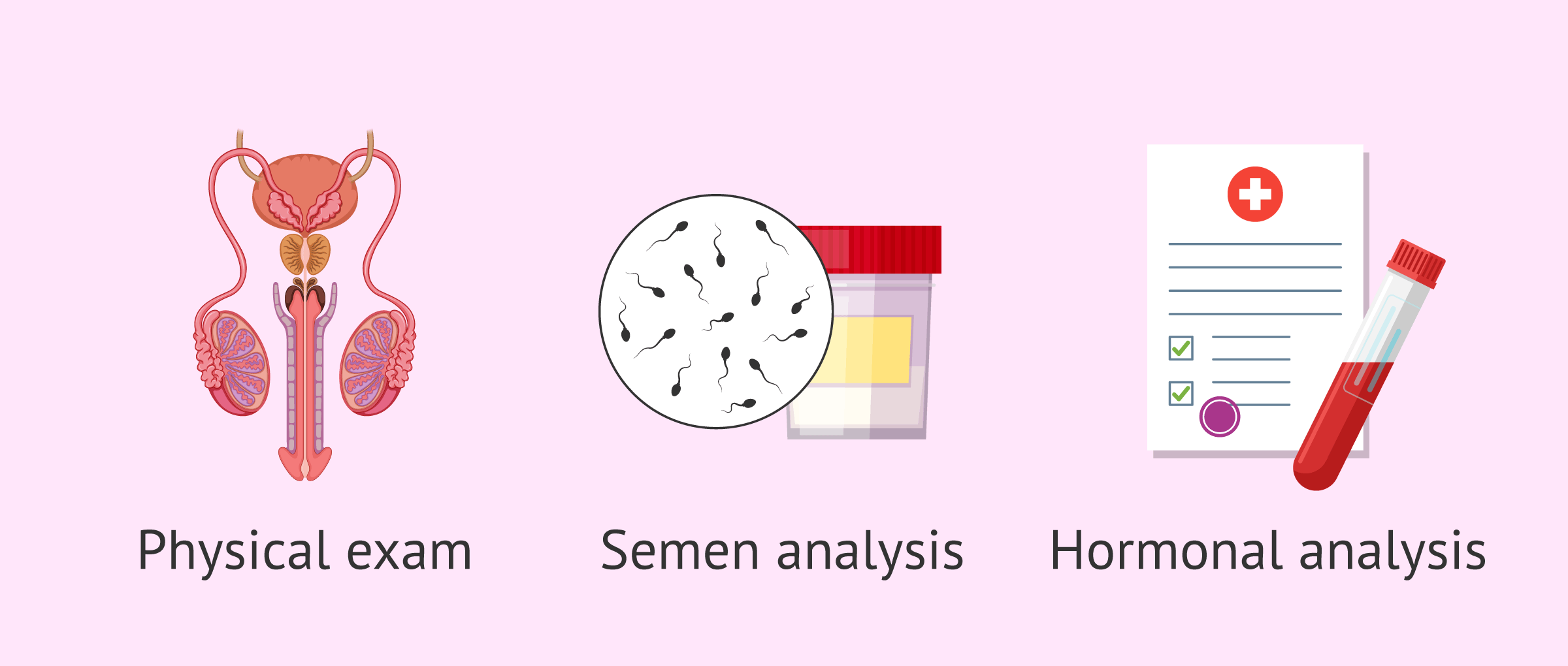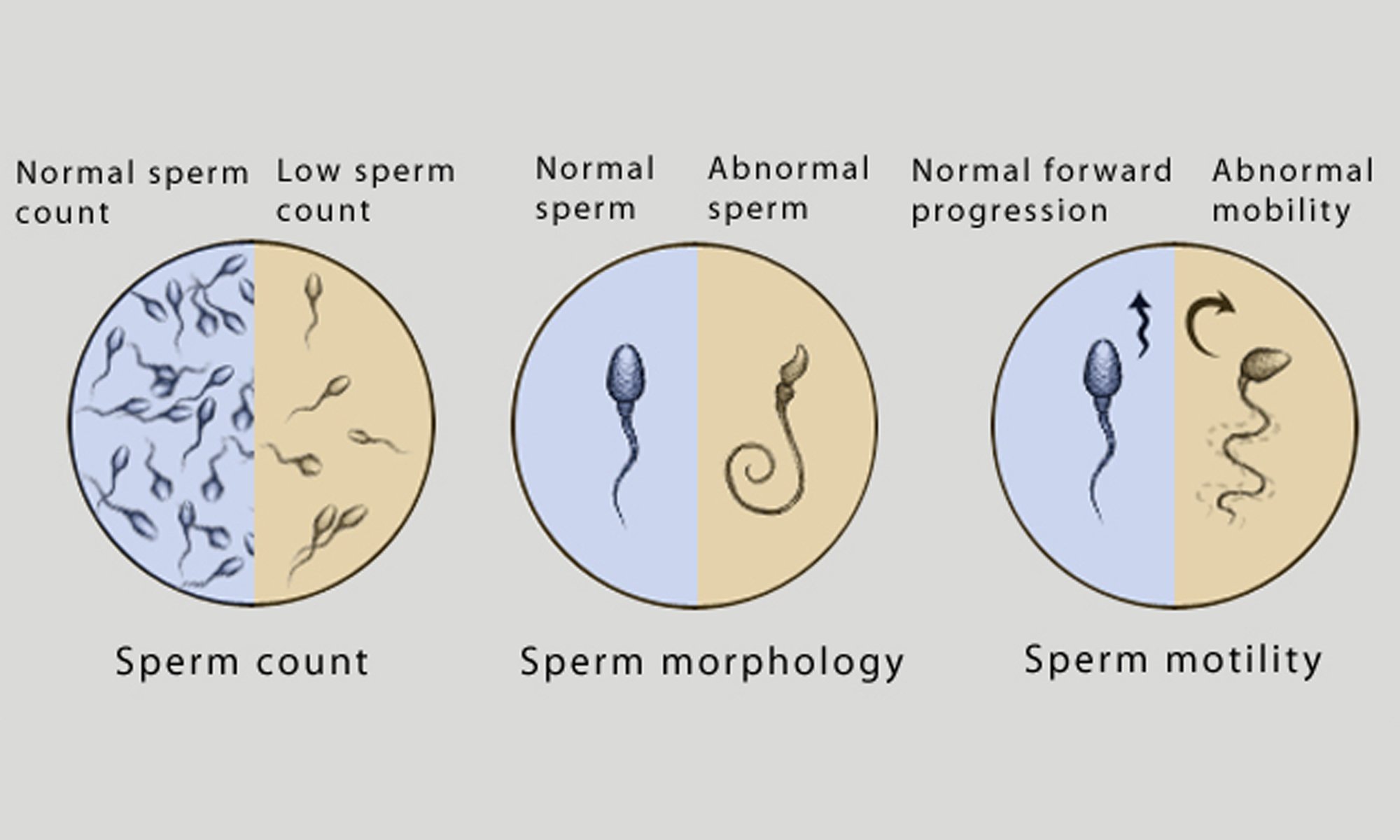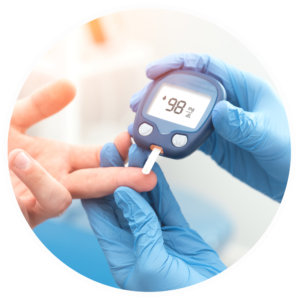Boost Male Fertility: Understanding Sperm Count Analysis
For couples embarking on the journey to parenthood, understanding fertility is paramount. While often the focus falls on female reproductive health, male fertility plays an equally crucial role. A cornerstone in evaluating male fertility is sperm count analysis.

Understanding the Sperm Count Analysis
A sperm count analysis is a laboratory examination of a semen sample. It provides insights into several key parameters:
- Sperm Concentration: The number of sperm per milliliter of semen.
- Sperm Motility: The percentage of sperm that move progressively forward.
- Sperm Morphology: The shape and structure of the sperm.
- Semen Volume: The total amount of semen ejaculated.
These factors collectively influence a man’s fertility potential.
Why Sperm Count Analysis Matters
A sperm count analysis serves as a diagnostic tool, offering valuable information for both the couple and healthcare providers.
- Early Detection: It can identify potential fertility issues early on, allowing for timely intervention.
- Treatment Guidance: The results inform treatment options, such as lifestyle changes, medication, or assisted reproductive technologies (ART).
- Reassurance: For couples with unexplained infertility, a normal sperm count can eliminate male infertility as a factor.
TheCircleCare: Your Partner in Fertility Health
At TheCircleCare, we understand the importance of comprehensive fertility evaluation. Our specialized services include:
- Comprehensive Semen Analysis: Accurate assessment of sperm parameters in a state-of-the-art laboratory.
- Personalized Counseling: Detailed explanation of results and guidance on next steps.
- Holistic Approach: Addressing lifestyle factors, hormonal imbalances, and other potential contributors to male infertility.

Beyond the Sperm Count
While sperm count is a critical factor, it’s essential to view male fertility holistically. Other factors such as sperm motility, morphology, and overall semen volume contribute significantly to reproductive potential. TheCircleCare offers a comprehensive evaluation to identify any underlying issues that may impact fertility.
Empowering Your Fertility Journey
Understanding your fertility is the first step towards building a family. A sperm count analysis, coupled with expert guidance, can provide the clarity and support needed to navigate this important journey.
Contact TheCircleCare today to schedule a consultation and take control of your reproductive health.
Phone: +20-1128821002 Email: info@thecirclecare.com
10 Frequently Asked Questions About Male Fertility
-
What is male fertility? Male fertility refers to a man’s ability to produce healthy sperm that can fertilize an egg, leading to pregnancy.
-
What factors affect male fertility? Several factors can impact male fertility, including sperm count, sperm motility, sperm morphology, age, lifestyle factors (smoking, alcohol, obesity), underlying medical conditions, and environmental toxins.
-
What are the signs of male infertility? Signs of male infertility may include difficulty achieving an erection, low sex drive, pain or swelling in the testicles, problems with ejaculation, and a history of infertility.
-
How is male fertility diagnosed? Male fertility is typically diagnosed through a semen analysis, which evaluates sperm count, motility, and morphology. Other tests may include blood tests, hormonal evaluations, and ultrasound.
-
Can lifestyle changes improve male fertility? Yes, several lifestyle modifications can enhance male fertility, including maintaining a healthy weight, quitting smoking, reducing alcohol consumption, managing stress, and consuming a balanced diet rich in antioxidants.
-
What are the treatment options for male infertility? Treatment options for male infertility vary depending on the underlying cause. They may include lifestyle changes, medications, surgery, or assisted reproductive technologies (ART) like IVF.
-
Can stress affect male fertility? Chronic stress can negatively impact male fertility by affecting hormone levels and sperm quality.
-
Does age affect male fertility? While not as pronounced as in women, male fertility does decline with age. Sperm quality and quantity can gradually decrease over time.
-
Can environmental factors affect male fertility? Exposure to certain environmental toxins, such as heavy metals and pesticides, has been linked to decreased sperm quality and fertility.
-
When should I seek help for male infertility? If you and your partner have been trying to conceive for a year without success, it’s recommended to consult a fertility specialist for evaluation.
[/vc_column_text][/vc_column][/vc_row][vc_row][vc_column]
[/vc_column][/vc_row]-
CHECKME LABS-مختبرات تشيك-مي, ROYAL CHECKUP-فحوصات لجميع الفئات العمرية, WINTER IN EGYPT-الشتاء في مصر
CARDIAC PATIENT CHECKUP
Original price was: $50.$40Current price is: $40.There is no AI review summary.<span id="zoho_button_ext" style="position: absolute;z-index: 99999999;width: 80px;height: 31px;background-size: 80px 31px;cursor: pointer;top: 0px;left: 0px"></span> -
ROYAL CHECKUP-فحوصات لجميع الفئات العمرية
Check up Packages Vascular – Neuropathy
$250There is no AI review summary. -
ROYAL CHECKUP-فحوصات لجميع الفئات العمرية
Check- up Hypertension Packages
$250There is no AI review summary. -
ROYAL CHECKUP-فحوصات لجميع الفئات العمرية
Check-up Diabetes Packages 250
$250There is no AI review summary. -
ROYAL CHECKUP-فحوصات لجميع الفئات العمرية
Check-up Packages Diabetes100
$100There is no AI review summary. -
-
-
CHECKME LABS-مختبرات تشيك-مي, ROYAL CHECKUP-فحوصات لجميع الفئات العمرية, WINTER IN EGYPT-الشتاء في مصر
DIABETIC PATIENT CHECKUP PACKAGE
Original price was: $50.$40Current price is: $40.There is no AI review summary.<span id="zoho_button_ext" style="position: absolute;z-index: 99999999;width: 80px;height: 31px;background-size: 80px 31px;cursor: pointer;top: 0px;left: 0px"></span>
-











Leave a Reply